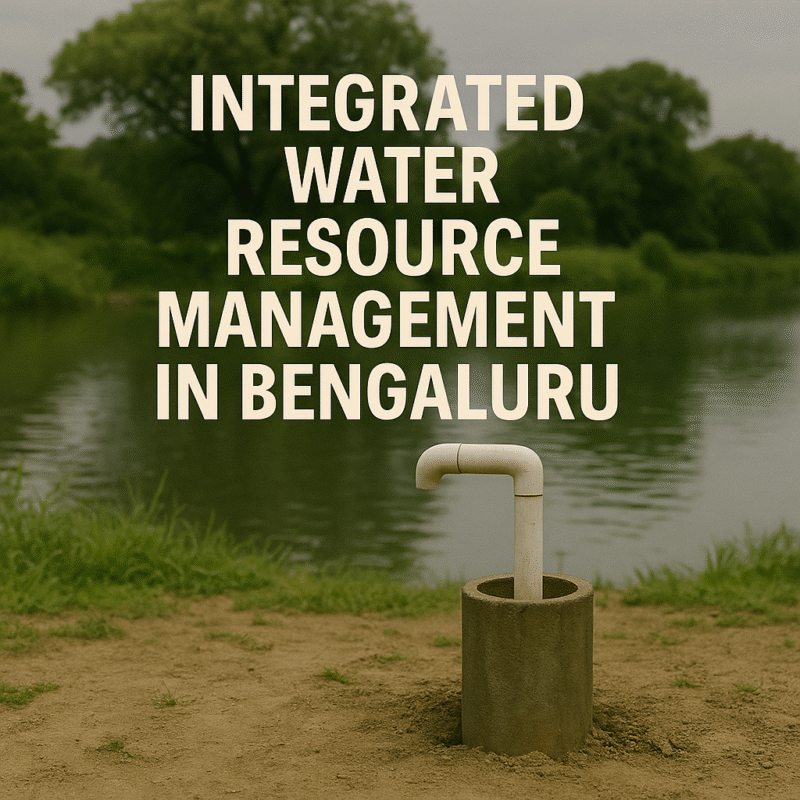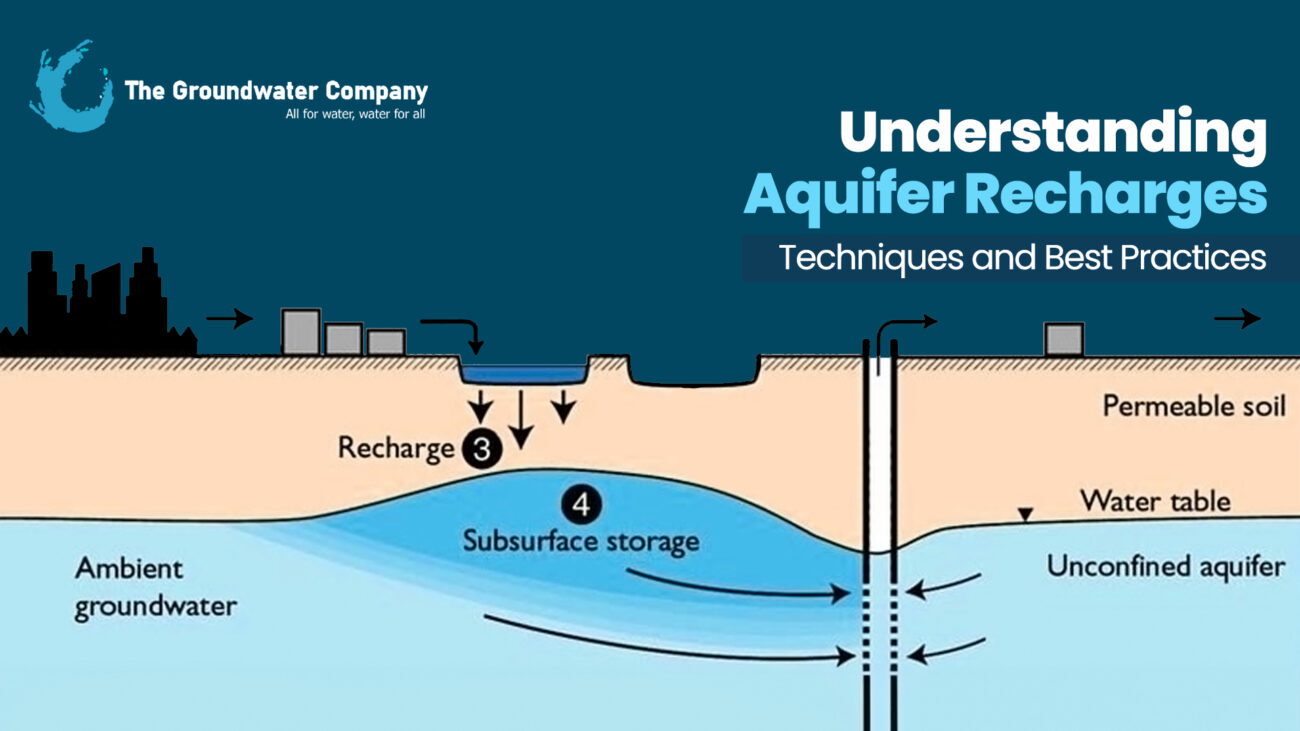As urbanisation accelerates across the globe, sustainable water management has emerged as a critical component of urban development. With the increasing demand for water in expanding cities, sustainable water solutions have become essential to ensure that urban growth does not compromise the environment or deplete water resources.
At Groundwater Company (GWC), we are committed to providing innovative and sustainable water management systems that support long-term urban development without harming natural ecosystems.
Urbanisation and Its Impact on Water Resources
Rapid urbanisation poses numerous challenges to water resources. As cities expand, impervious surfaces like roads, buildings, and pavements increase, reducing natural infiltration of rainwater into the ground. This leads to higher surface runoff, contributing to flooding and the reduction of groundwater levels, a key water source for many cities.
In India, for instance, urban areas are expected to house nearly 600 million people by 2031, placing immense pressure on existing water systems. In many cities, groundwater accounts for up to 40% of the total water supply, yet aquifers are being depleted faster than they can be recharged. Without effective water management, the sustainability of urban development becomes severely compromised.
Sustainable Water Solutions for Urban Areas
At GWC, we believe that cities can grow and thrive while conserving water resources. Our sustainable water solutions include a range of techniques and systems designed to maximise water efficiency, minimise waste, and ensure that groundwater is replenished and protected for future generations.
Rainwater Harvesting Systems:
One of the most effective ways to manage water sustainably in urban areas is through rainwater harvesting. By capturing and storing rainwater from rooftops and other surfaces, cities can reduce reliance on traditional water sources and prevent excessive runoff. Studies show that rainwater harvesting can reduce urban water demand by 30-50%.
Groundwater Recharge Techniques:
Urban development often leads to groundwater depletion due to reduced infiltration. At GWC, we implement groundwater recharge techniques, such as recharge wells and permeable pavements, that allow water to infiltrate back into the aquifers. This ensures that as cities grow, they can continue to rely on sustainable groundwater sources. Permeable pavements alone can increase groundwater recharge by up to 20%.
Wastewater Treatment and Reuse:
Wastewater recycling is becoming increasingly important for sustainable urban water management. Treated wastewater can be reused for non-potable purposes like irrigation, industrial processes, and cooling systems, reducing the overall demand on freshwater resources. GWC employs advanced water treatment systems to ensure that urban areas can safely reuse wastewater, minimising their environmental footprint.
Best Practices for Urban Water Management
- Integrated Water Management:
Sustainable urban development requires an integrated approach to water management, where rainwater, groundwater, and wastewater are all considered in the planning and design of urban infrastructure. GWC’s integrated water management solutions are designed to ensure efficient use of water across all aspects of urban life. - Green Infrastructure:
Incorporating green infrastructure—such as green roofs, urban forests, and wetland parks—into city planning can help cities manage stormwater naturally, reducing the risk of flooding while promoting aquifer recharge. Green roofs can retain up to 80% of rainwater, significantly reducing runoff in dense urban areas. - Water Conservation Policies:
Cities must also adopt policies and regulations that promote water conservation. This includes mandating water-efficient technologies in new developments and offering incentives for retrofitting existing buildings with water-saving systems. Water-efficient appliances can reduce household water use by 20-40%. - Why Sustainable Water Solutions Matter
The importance of sustainable water solutions cannot be overstated. Water is the foundation of life, and its management is critical to the health, economy, and future of our cities. With GWC’s expertise in sustainable water systems, we are helping cities achieve their growth potential while safeguarding their most vital resource: water.
Groundwater depletion is a growing issue, particularly in rapidly urbanising regions like India. By implementing rainwater harvesting, groundwater recharge techniques, and wastewater treatment, cities can reduce their reliance on stressed water supplies, build resilience against climate change, and ensure a sustainable future. - GWC: Partnering for a Sustainable Future
At GWC, we are dedicated to providing cities with zero-risk, sustainable water solutions that deliver long-term benefits. Our team of experts works closely with urban planners, architects, and developers to integrate groundwater recharge systems and rainwater harvesting into their projects, ensuring that every new development contributes to a sustainable water future.
Partner with us today to explore how we can help your urban development project not only meet today’s water needs but also plan for tomorrow. With GWC’s expertise, you can be confident that your project will prioritise sustainability, resilience, and efficient water use.
Conclusion
As cities continue to grow, the need for sustainable water solutions has never been more urgent. By implementing innovative systems like rainwater harvesting, groundwater recharge, and wastewater reuse, urban areas can meet the challenges of growth while protecting their vital water resources. At GWC, we are committed to leading this change, offering solutions that ensure a sustainable water future for generations to come.
Contact “The Ground Water Company” today to learn more about how our water management solutions can support your urban development projects.





